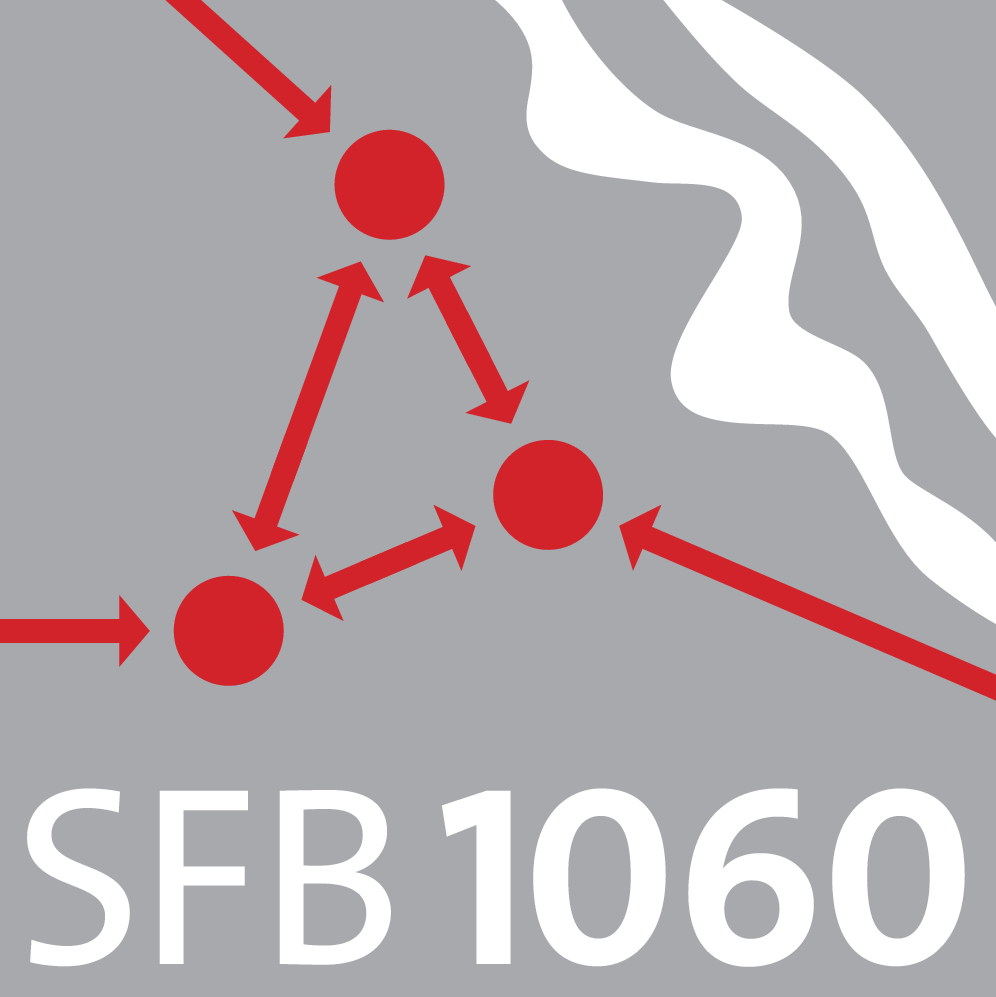A07 – Sparse grid methods for the electronic Schrödinger equation and mesoscopic material models
The behavior of a material on the macroscale stems from emergent
effects of many-particle systems on the quantum scale. An essential
basis for the design of novel materials is the understanding of their
properties on the nanoscale and the subsequent effects of those
properties at larger scales. The underlying mathematical model of the
quantum scale is the Schrödinger equation. To this end, the principal
aim of this project is the development of efficient numerical methods
for the treatment of the electronic Schrödinger equation for small
periodic systems on both short and long timescales. These methods will
be used to compute characteristic parameters for models on coarser
scales, such as models for macroscopic plasticity, and mesoscopic
models that capture precise long-term dynamics.
The project has two main goals. Firstly, we aim at the construction of
a highly accurate dimension-adaptive sparse grid-based method for
periodic systems (i.e materials), to be based on a
previously-developed approach for molecules. New factors such as
periodicity, delocalised electrons, long-range interactions, and
screening effects must be dealt with. Secondly, we aim to incorporate
time scalability into atomistic modeling techniques, which will enable
the simulation of dynamics over the inherently long timescales
involved in phenomena such as material ageing. Across both goals, we
aim for the development of numerical methods with guaranteed
convergence rates, where the dependence of complexity constants on the
number of electrons is also properly considered.
| Name | Institute | Location | Phone | |
|---|---|---|---|---|
| Griebel, Michael | INS | FHA7/3.019 | 69829 | griebel@ins.uni-bonn.de |












